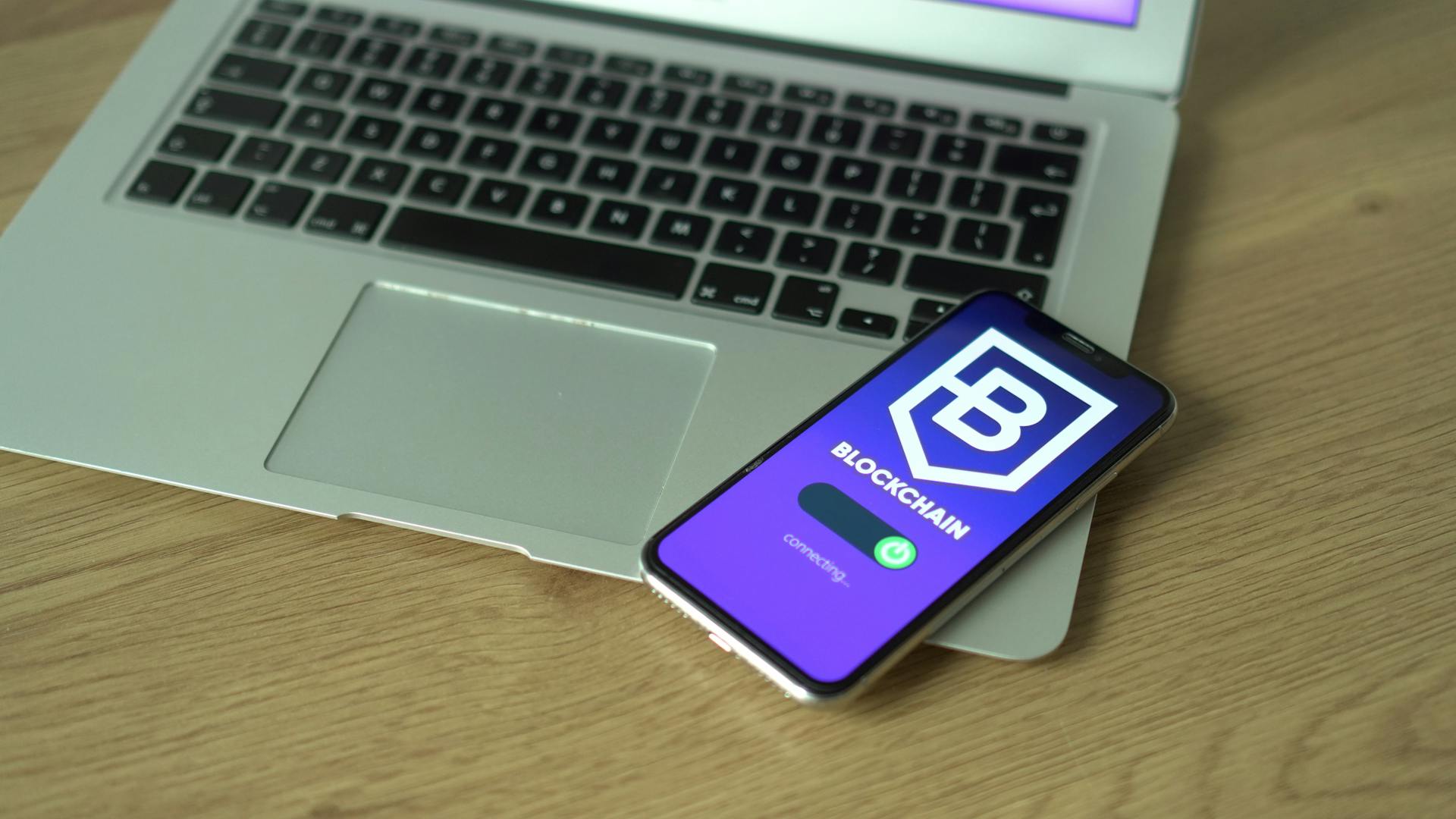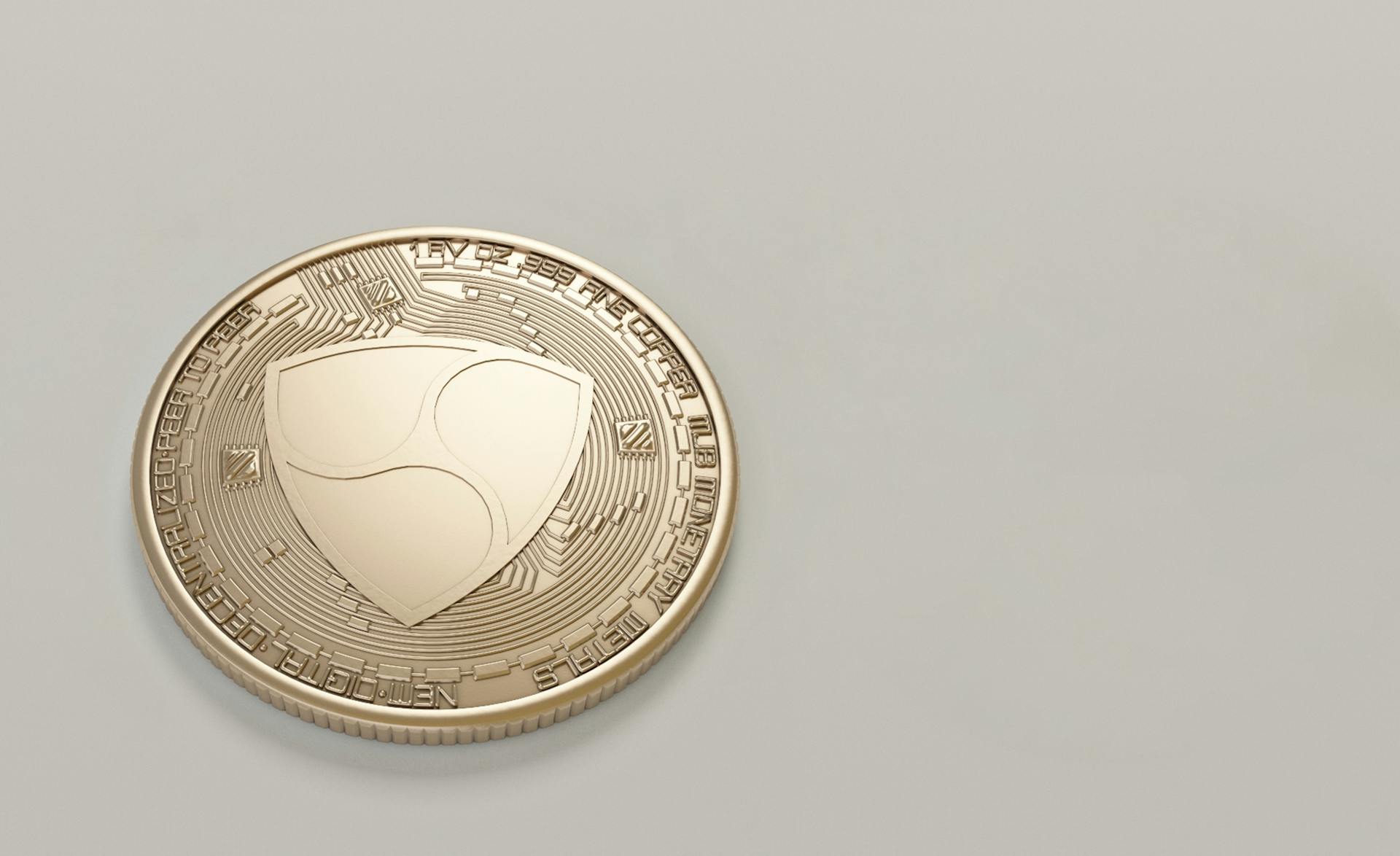
Smart contract audit costs can vary greatly, depending on the complexity of the contract, the experience of the auditor, and the level of detail required. On average, a basic smart contract audit can cost anywhere from $5,000 to $20,000.
The cost of a smart contract audit is influenced by the size and scope of the project. A larger and more complex contract will require a more extensive audit, which can drive up costs. For example, a contract with multiple modules and integrations may require a more thorough audit.
The audit process typically involves a review of the contract's code, testing, and validation. This can take anywhere from a few days to several weeks, depending on the scope of the project. In some cases, a more detailed audit may be required, which can add to the overall cost.
A reputable auditor will provide a detailed report outlining any vulnerabilities or issues found during the audit. This report can serve as a valuable resource for developers looking to improve the security and functionality of their smart contract.
Here's an interesting read: Direct Costs
Types of Smart Contract Audits

There are two main types of smart contract security audits: private audits and public audits. Private audits are a more discreet option, often preferred by companies that want to keep their security vulnerabilities under wraps.
Public audits, on the other hand, involve a more transparent process where the audit results are shared publicly. This can help build trust with potential investors or partners.
Here's a breakdown of the two types of audits:
Public or Competitive
Public or competitive smart contract security audits involve tens or hundreds of security researchers competing to find the highest number of issues in a code base to report them and win a share of a prize pool.
This type of audit can be beneficial because it brings in a large number of skilled security researchers to examine the code. However, smart contracts can include thousands of lines of code, making it easy to miss even obvious issues.

Many protocols that undergo public or competitive audits also undertake a security journey that includes multiple private audits and Bug Bounty programs. This multi-step approach helps ensure that the code is thoroughly reviewed.
The sheer volume of code in smart contracts makes it difficult for even a single auditor to catch all potential vulnerabilities.
Code Review
Code Review is a crucial part of smart contract audits, and it's essential to understand its importance. By manually reviewing code, auditors can identify complex and "hidden" issues that automated tests might miss.
A manual review of code requires a smart contract security researcher to grasp the context and complexity of the code, cross-referencing the project specification and any supplementary documentation. This approach helps auditors identify deeper vulnerabilities that could compromise the security of the protocol and its users.
Automated tests can only detect basic and some advanced vulnerabilities, so a mixture of manual and automated testing is vital to ensure everything runs smoothly.
Curious to learn more? Check out: Automated Teller Machine Security
The Audit Process

The audit process is a crucial step in identifying potential security issues in your smart contract codebase. It begins with auditors understanding your codebase, which they'll use to identify simple issues and focus on high-severity and more complex problems.
Once the audit begins, auditors will employ various methods, such as integration tests, static analysis, fuzz testing, and unit testing, to thoroughly examine the security of the codebase. This is the initial step to identifying simple issues and concentrating on high-severity and more complex problems.
The auditors will start by running tests with tools, which helps to identify simple issues early on. This allows them to focus on the more critical problems that could potentially harm your users or your business.
During the audit process, auditors will use a set of smart contract security tools and automated tests to identify potential vulnerabilities. This process helps to ensure that your codebase is secure and reliable.
Benefits and Importance

A smart contract audit is a crucial step in ensuring the security and reliability of your decentralized application or finance protocol. It's a vital investment that can save you from costly hacks and vulnerabilities.
Smart contract security audits can enhance the security of your protocol and its users by finding vulnerabilities, which is especially important given the immutability of the blockchain. Once a smart contract is deployed, you can't change it, so you'd better get it right.
A smart contract audit can level up your engineering team's knowledge by learning and implementing state-of-the-art smart contract development best practices. This can improve their speed and effectiveness of features moving forward.
According to a research study by Chainalysis, 2022 was the year the most value was stolen from smart contracts. This emphasizes the importance of smart contract security audits in protecting your protocol from malicious users.
Here are some examples of disastrous outcomes resulting from inefficient or inadequate security audits:
A smart contract security audit can remedy vulnerabilities, improve developer understanding of code, and ensure the reliability and integrity of the contract for its users and the project deploying it.
Mitigating Risks

The protocol team has a limited time to address vulnerabilities identified in the initial audit report, which can vary depending on the severity of the findings.
Mitigating risks is crucial to prevent potential vulnerabilities from being exploited by hackers. A smart contract security audit can help identify access control errors, faulty calculations, and other potential vulnerabilities.
The audit process involves a thorough examination of the contract's code to detect security vulnerabilities. This includes checking for backdoors and unauthorized administrative access.
To address vulnerabilities, the protocol team can work with auditors to strengthen the security infrastructure. This may involve verifying cryptographic algorithms and scrutinizing bonding and transcoding protocols.
The cost of a smart contract audit may seem high, but it's essential to consider the potential damages to users' assets and the brand's reputation if vulnerabilities are not addressed.
You might like: Smart Contract Vulnerabilities
Sources
- https://pessimistic.io/services/smart-contract-audit
- https://www.cyfrin.io/blog/what-is-a-smart-contract-security-audit
- https://www.ulam.io/blog/smart-contract-audit
- https://blog.bunzz.dev/3-low-cost-smart-contract-audit-tips/
- https://www.vibraniumaudits.com/post/how-much-does-a-smart-contract-audit-cost
Featured Images: pexels.com


